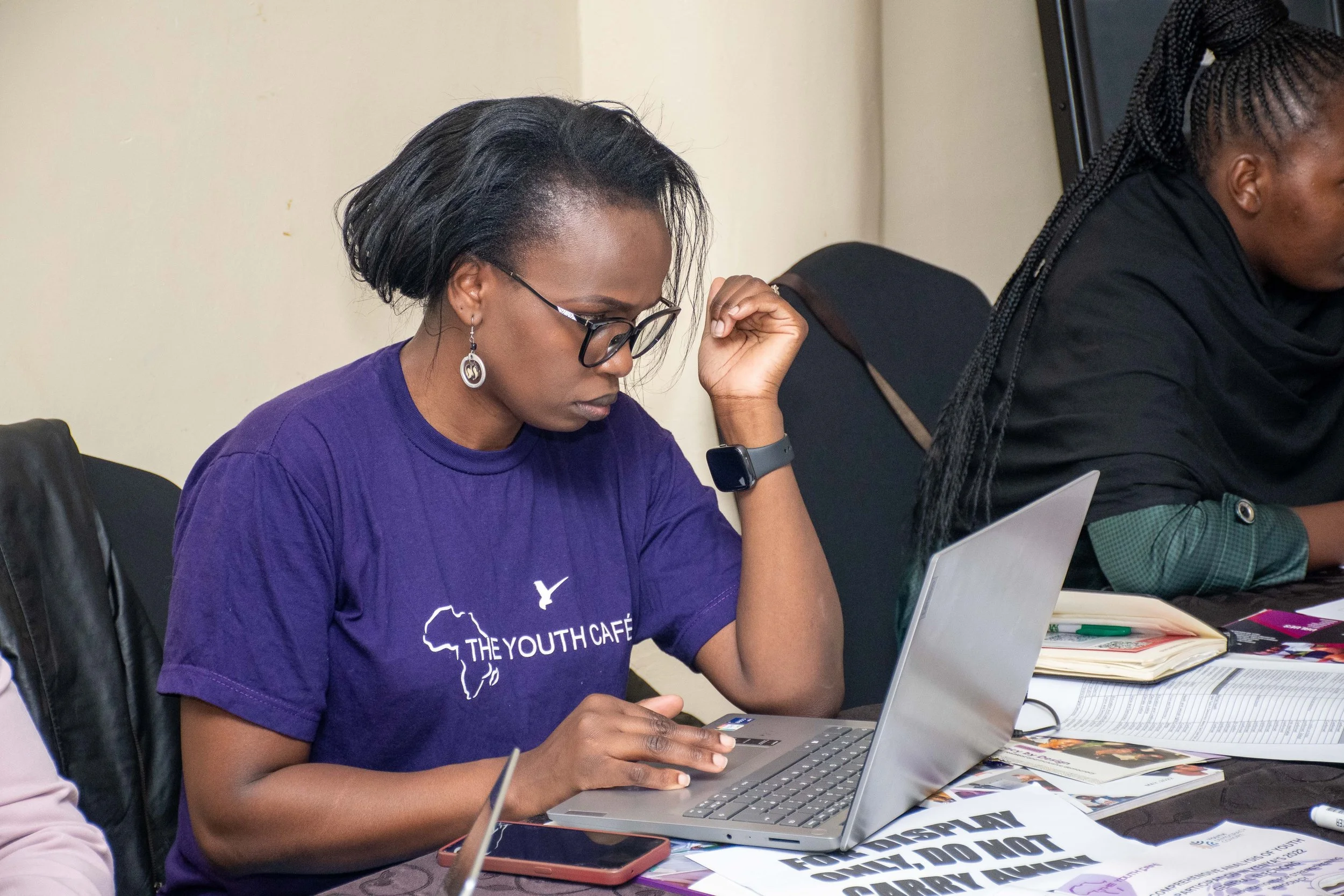During these unprecedented times, it is more important than ever that governments, policymakers, academics, business leaders and civil society come together to find innovative ways of supporting communities and providing hope to younger generations. The pandemic has further highlighted and exacerbated the existing inequalities in our societies, with respect to access to resources, information and power dynamics. Children and young people are among the hardest hit; girls and young women in particular have been disproportionately impacted.
Rio Declaration On Non Formal Education | World Non Formal Education Forum
In today’s rapidly changing societies and economies, skill requirements for life and work have to be constantly updated. In view of this, the education system and other actors are increasingly providing learners with relevant lifelong learning opportunities in which NFE plays a major role. Furthermore, NFE methodologies are being adopted to improve the delivery of formal education.
Joint Position Statement On Non-Formal Education | Education And Learning Dimensions Of Young People’s Lives.
Today, it is increasingly accepted that formal education is not the only essential form of education. However, there needs to be a stronger balance between the different education and learning dimensions of young people’s lives. Non-formal education, which is best suited to help young people build up their talents, resilience and prepare them to cope with social changes, is often underestimated. Without proper recognition, its benefits for young people and communities are not reaching their full potential.




